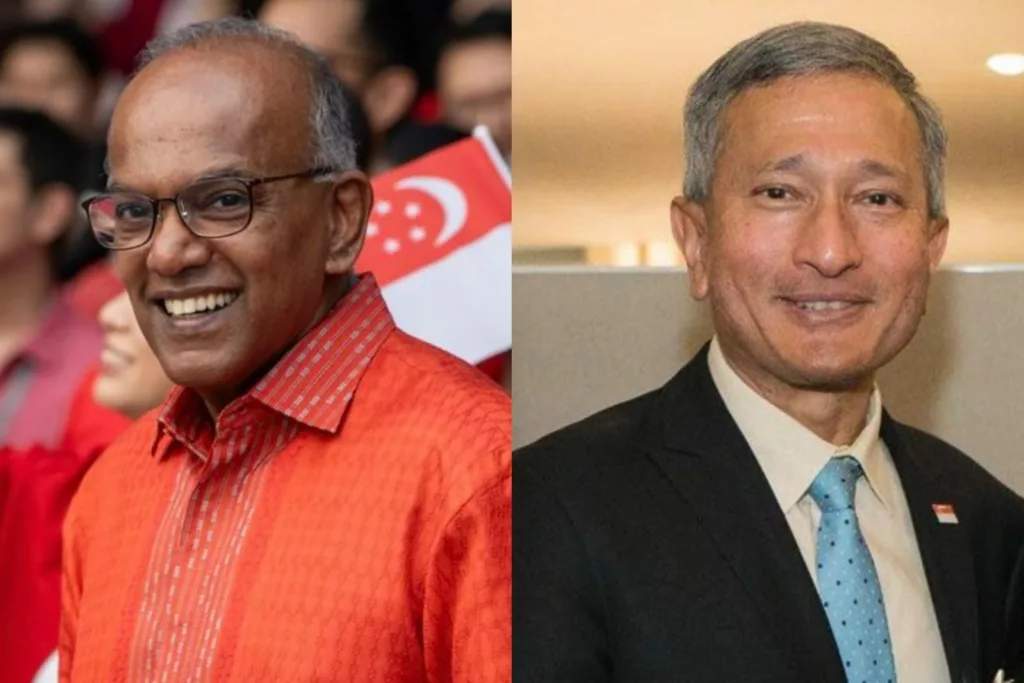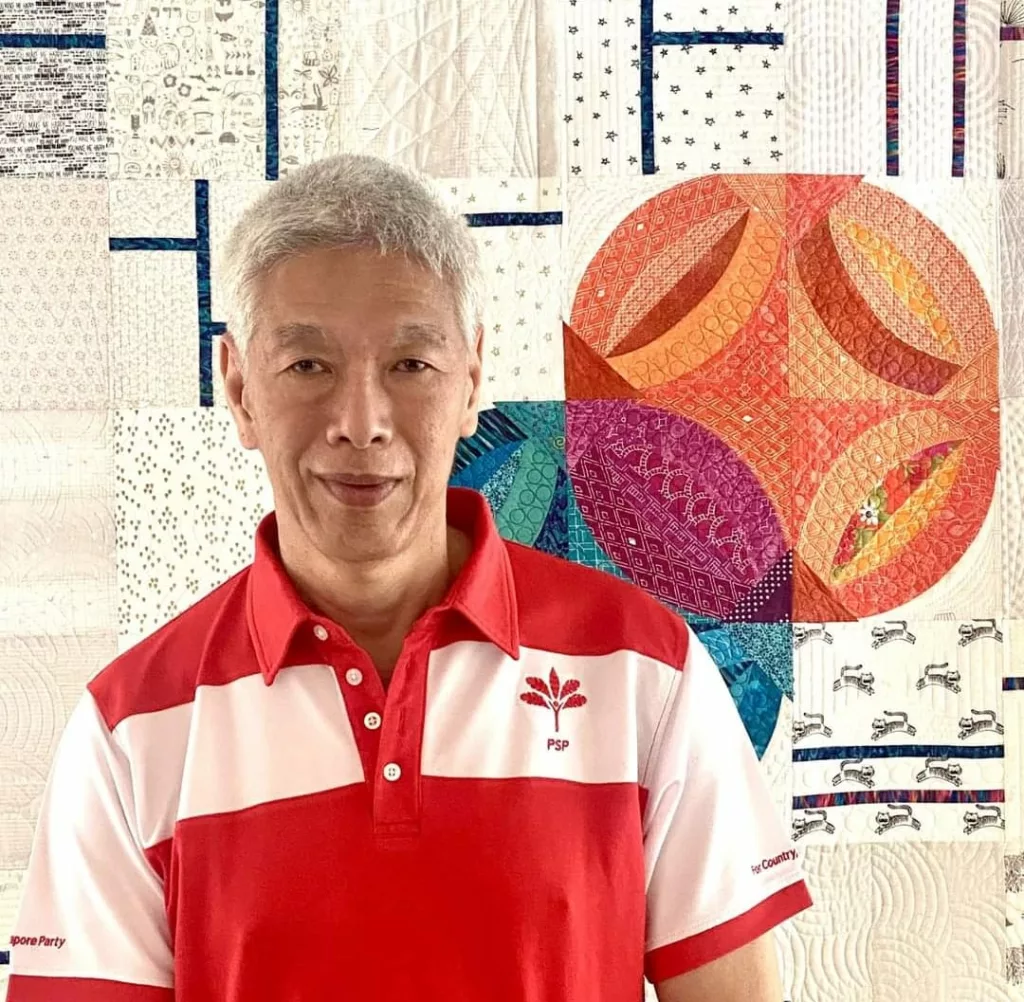
K Shanmugam, Singapore Minister for Home Affairs and Minister for Law, and Dr Vivian Balakrishnan, Singapore Minister for Foreign Affairs, have reportedly received a total amount of more than SGD 600,000 in damages and legal costs, in their defamation lawsuit against Lee Hsien Yang, younger brother of former prime minister and current Senior Minister Lee Hsien Loong.
A CNA report said: “In a Facebook post on Sunday (September 29), Mr Lee said he paid the ministers a total of S$619,335.” The report said that the high court “had ordered Mr Lee to pay S$200,000 in damages and costs of S$51,000 to each minister for defaming them over their rental of state properties at Ridout Road”.
Lee Hsien Yang had alleged in a Facebook post in July 2023 that Shanmugam and Balakrishnan had got preferential treatment from the Singapore Land Authority in the rental of Ridout Road bungalows.
In his Facebook post on Sunday, Lee Hsien Yang said: “I have paid Ministers Shanmugam and Vivian Balakrishnan a total of $619,335.53. This amount is equivalent to 13.6 months rental for the two Ridout houses.”

He added: “My significant asset in Singapore is 38 Oxley Road. In order to try to honour my father’s wishes in connection with his home and to allow Wei Ling, who is ill, to continue to stay at 38 Oxley Road, I have made this payment to the Ministers. It is unfortunate that the ministers chose not to pursue the case in the English courts.”
Lee Hsien Yang and his wife have moved out of Singapore to live in the United Kingdom. He and his brother Lee Hsien Loong are the sons of Singapore’s founding father Lee Kuan Yew, and Lee Wei Ling is their sister.
Apart from paying SGD 251,000 to each minister in damages and legal costs, Lee Hsien Yang was left with a large bill for other expenses, too.
He had written a Facebook post on May 24, stating: “In Singapore, the Ministers [Shanmugam and Balakrishnan] now have damages of $400,000 ($200,000 each) and almost $220,000 in costs, making a total of approximately $620,000, worth about 13.6 months rental for the two Ridout houses.”
The additional payout included “other costs amounting to over $117,000, including for a mountain of almost 43,000 pages of paper by the ministers”.
Reacting to Sunday’s Facebook post by Lee Hsien Yang, in which he linked the Ridout Road case to the Oxley Road property, the two ministers, both of Indian origin, published the same statement on their Facebook accounts. Their jointly shared post said: “Mr Lee Hsien Yang’s Facebook post of 29 September 2024 shows that he will say anything.”
The PIO ministers said: “He had previously claimed that we should have sued him in England. We responded by pointing out that we sued for his libels published in Singapore, and which were primarily meant for, and concerned, Singaporeans. He had no answer. Now, he says that ‘it is unfortunate that the ministers chose not to pursue the case in the English courts’. That is still not an answer.”
Emphasising that they were clean, the ministers said: “We urged [Lee Hsien Yang] to cross-examine us and be cross-examined, in the full view of everyone, so that he can show Singapore, and the rest of the world, that he is right and we are wrong. However, on the first day of the trial when we took the stand, ready to be cross-examined, he was a no show, deciding not to take us on.”
After this, Shanmugam and Balakrishnan gave some details of the case, and said “we will donate the damages to charity”.
The ministers laughed off the claim by Lee Hsien Yang that he had paid up the damages to let his sister stay at 38 Oxley Road. This claim, they said, was “extraordinary” because “Mr Lee Hsien Yang knows that the defamation cases have nothing to do with Mr Lee Kuan Yew”.
Joining the dots, it seems that Lee Hsien Yang hinted he had paid up the damages in the Ridout Road defamation case, just so that the Oxley Road house would not be seized to realise the court-ordered damages in case he defaulted on payment.
In their shared statement, Shanmugam and Balakrishnan said that what Lee Hsien Yang “has conveniently omitted to mention is that he owns at least one other asset in Singapore, (based on publicly available information), whose value would have been more than sufficient to satisfy his debt. If he did not pay on the judgment, that asset could have been subject to enforcement.”


